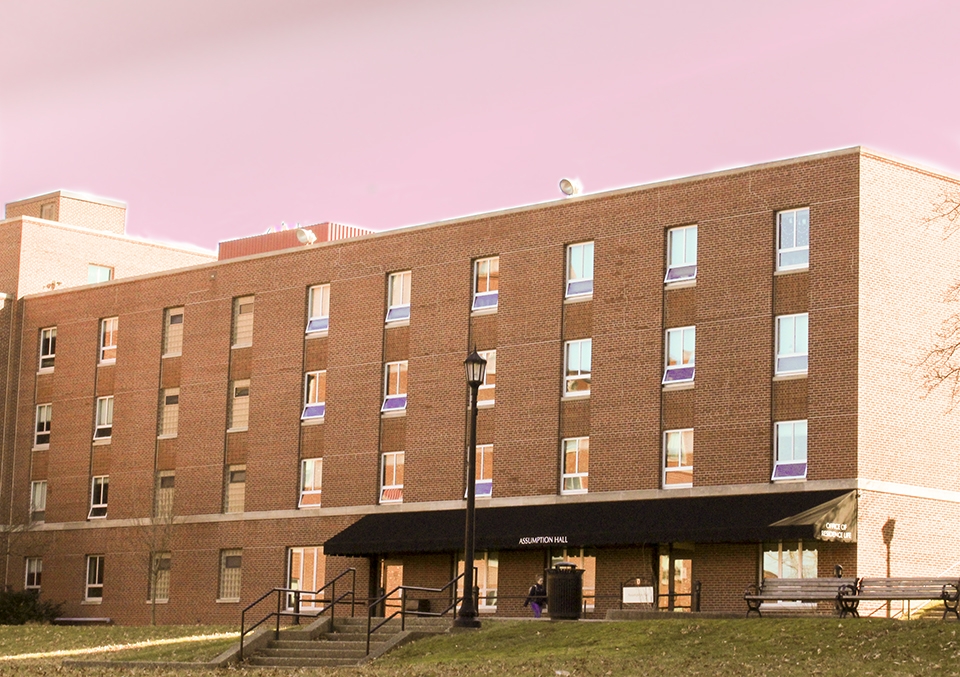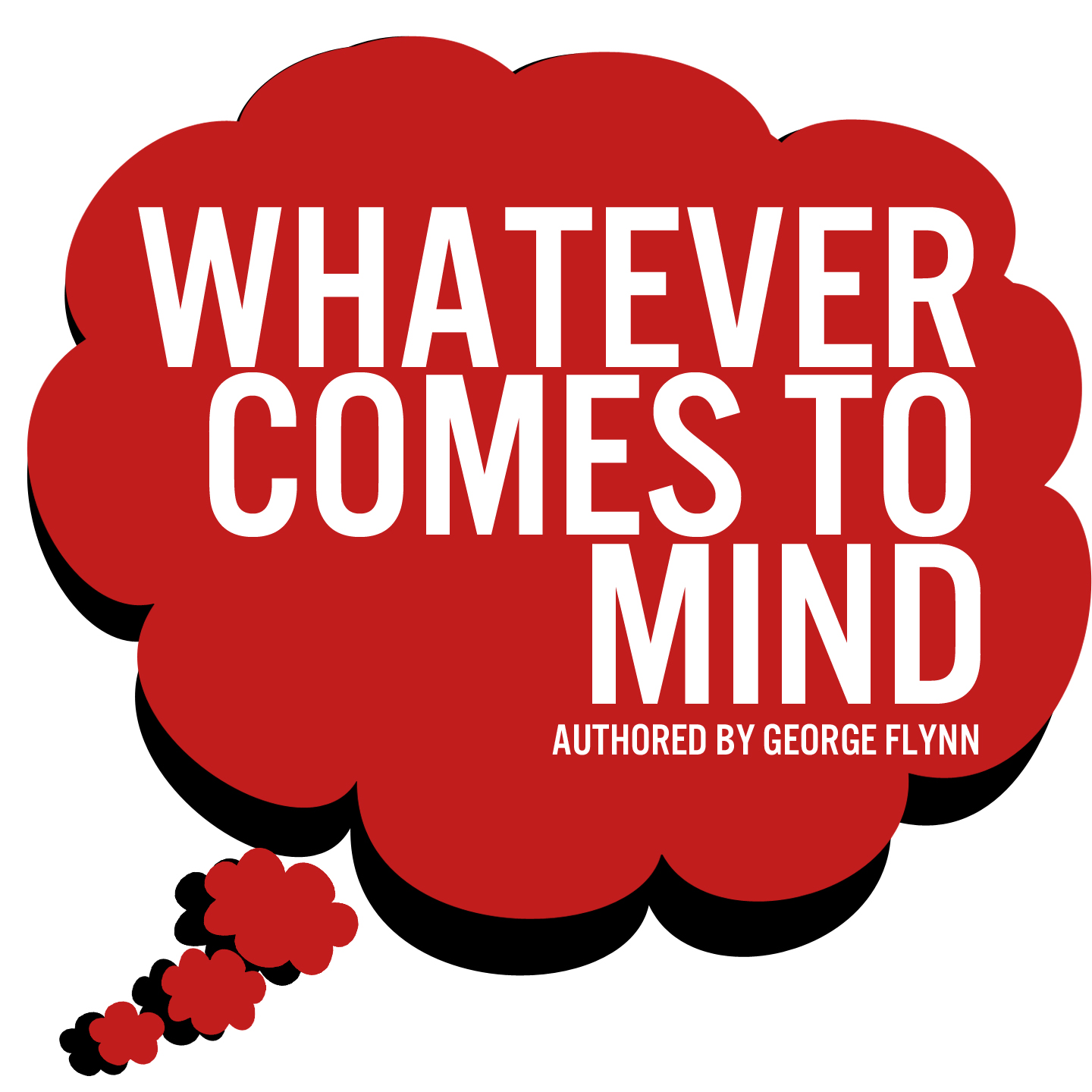
By Rebekah Devorak | Opinions Editor
Most students look forward to canceled classes throughout the school year. But for those attending Pennsylvania state universities, the thought of canceling classes was foreboding.
Faculty from 14 state universities across Pennsylvania – including Slippery Rock, Clarion, California, Indiana and more – protested for three days over a lack of contract between professors, who belong to the Association of Pennsylvania State College and University Faculties, and the Pennsylvania State System of Higher Education.
The standoff, which, according to numerous reports, many students ended up getting involved in to support their professors, ended on Oct. 21 and was the first such occurrence in the state system’s history.
The end of the strike, due to a three-year contract lasting through June 2018, was a relief for faculty and students alike, but it never should’ve had to happen in the first place.
According to The New York Times, these professors had been working without a contract for over a year, since June 30, 2015. Considering the impact that these professors have on shaping the minds of the future, it’s absurd that getting a reasonable contract to ensure “quality of higher education” needed to take them literally walking out of the classroom to acquire it.
Strikes in higher education are somewhat rare, especially when compared to the number of those that happen in high schools. According to Education Week, 56 high school walkouts took place between 2010 and 2015, 20 of which happened in Pennsylvania alone. University professor strikes are somewhat difficult to find statistics on because they do not occur that often; one recent example from 2015 includes over 4,000 employees at the University of Washington protesting higher wages.
Perhaps these pickets do not happen more often in universities because unions are more willing to settle contracts before they expire, knowing the stakes are much higher for everyone involved if they do not. After all, if teachers strike in high schools across the country, the worst that will happen is that the children will have to spend the summer months learning Shakespeare instead of going swimming. In college, though, a strike that lasts for even a few days, let alone months, can damage a student’s future.
For starters, it’s a waste of money and class time for students that they have no control over. It’s one thing for a kid to miss class because they feel like watching Netflix instead; the tuition and education they lose out on is their fault. But in the situation of the Pennsylvania state strikes, these students were being robbed of those opportunities without much room to fix it themselves.
According to Indiana University of Pennsylvania’s website, 2015-2016 in-state tuition was $9,620, not including room and board. Students at the university were in classes for 140 days of the academic school year, not including finals weeks or holiday breaks. At that tuition and calendar length, students would be forgoing $68.71 worth of education by skipping all classes for one day. For the three-day strike that just ended, that’s $206.13 wasted for just one student. Multiply that by the 13,775 total students enrolled in 2015, and that’s nearly $3 million.
Now multiply that for every student in each of the 14 state universities. That’s a lot of money squandered because professors couldn’t get what they rightfully deserved, including a raise, more adjunct faculty and the ability for graduate students with enough credits to teach classes.
While Duquesne was not involved, the university isn’t perfect, either. Duquesne had its own bitter struggle in 2012 and 2013 trying to bar adjunct faculty from unionizing with United Steelworkers, a fight that is still unresolved – and incredibly sensitive – today.
University faculty should be respected, because their jobs are important. They’re the last step between the student and the real world, the last opportunity to shape a teenager into an adult so we can have a functioning, flourishing society.
Professors can’t do that if they’re spending all their time behind a picket line.




